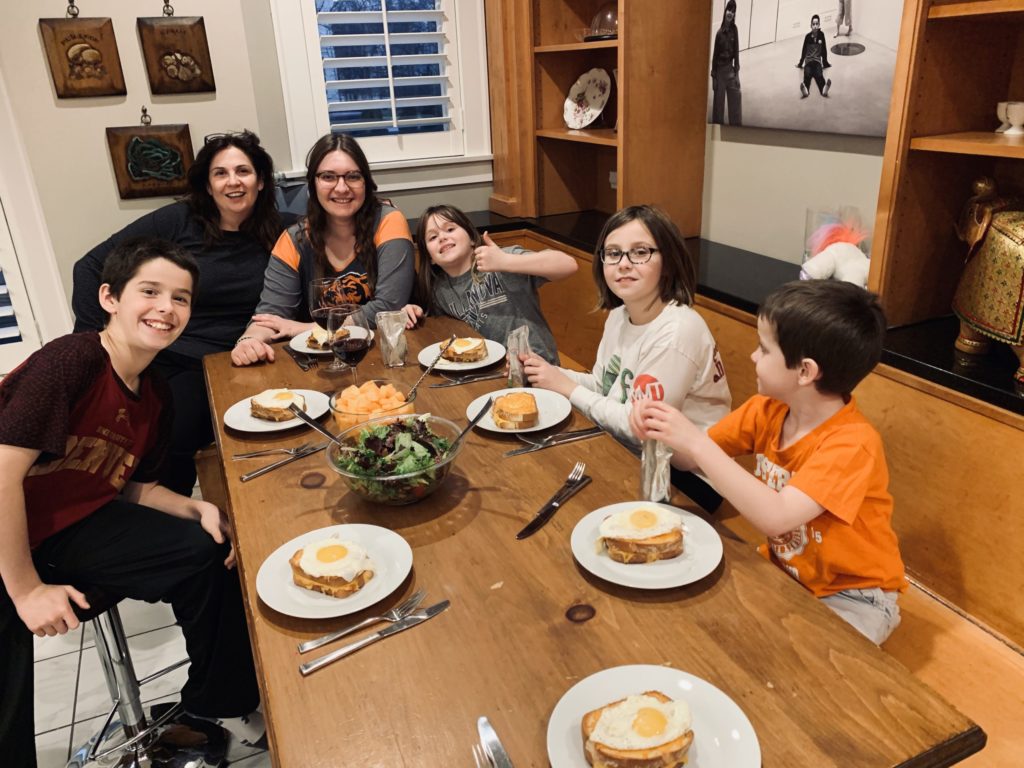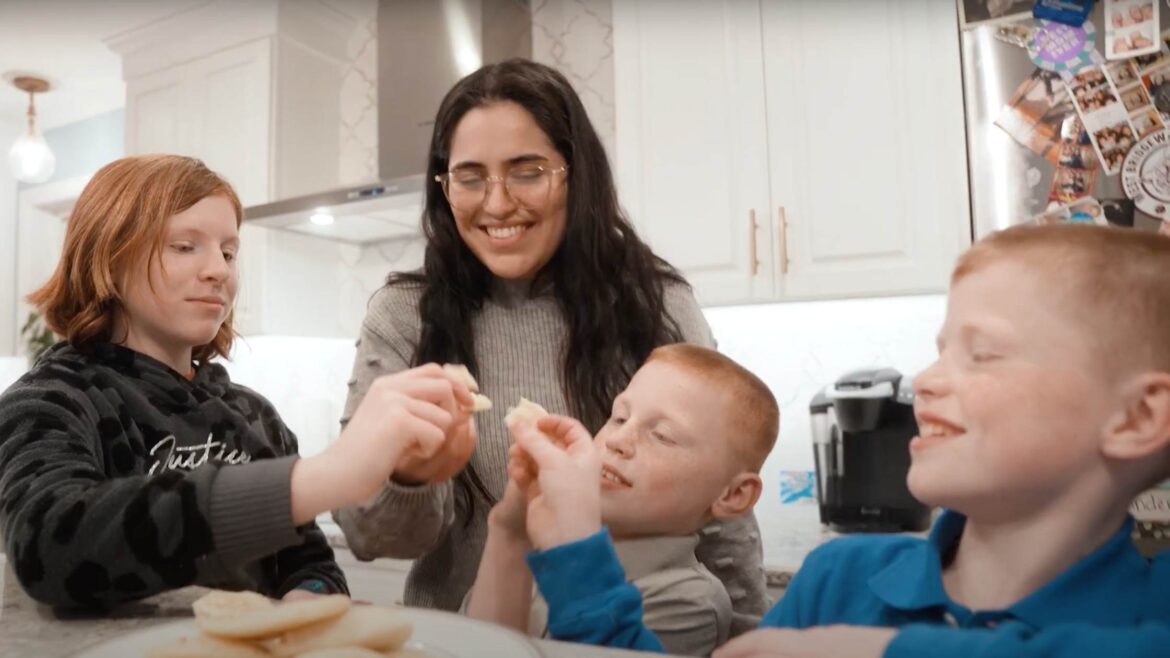In today’s connected world, teaching kids cultural appreciation continues to be an essential part of parenting. Children are surrounded by global influences — from the foods they eat to the music they hear — and they naturally want to explore. Helping them understand the difference between celebrating a culture and copying it gives them the foundation to grow into thoughtful, respectful global citizens.
Why Cultural Understanding Starts at Home
Children are naturally curious about the world. They see new foods, music, and traditions and want to join in! That curiosity is something to nurture, but it’s equally important to teach them how to celebrate cultures with respect.
Cultural appreciation means learning about the meaning behind traditions and honoring where they come from. Cultural appropriation can happen when elements of a culture are taken out of context, often without understanding or credit. Helping children see that difference can help build empathy and respect. In fact, true understanding can begin with shared experiences like cultural exchange opportunities, which can enrich your whole family’s life.
Appreciation vs. Appropriation — What’s the Difference?
Distinguishing appreciation from appropriation can feel complex when it comes to talking to kids! To explain it simply, appreciation is about learning, listening, and sharing. Appropriation is about taking.
Encourage your children to ask questions like:
- Why is this tradition important to the people who created it?
- How can we honor it without changing its meaning?
- Who can we learn from directly? (Like an au pair!)
When curiosity meets respect, cultural exploration becomes an act of gratitude rather than imitation.
Five Ways to Teach Kids to Respect Cultural Traditions
- Learn from People, Not Just Media: Watch documentaries, read stories, or — even better — talk to someone from that culture!
- Share Real Stories from Your Au Pair: Ask your au pair to explain the origins of holidays, foods, or customs from their home.
- Celebrate Authenticity: Participate in local cultural festivals or cook traditional dishes, but be sure to learn their history first.
- Use Inclusive Language: Model curiosity without stereotypes or jokes.
- Encourage Global Friendships: Help your children form relationships that go beyond the classroom or screen (like with an au pair!).

How Hosting an Au Pair Fosters Real Cultural Awareness
Hosting an au pair is an incredible way for children to learn cultural respect. It’s interactions during daily life — breakfast conversations, shared stories, songs, and celebrations — that can teach soft skills like empathy and gratitude far better than textbooks ever could.
When children grow up seeing cultural exchange as the norm, inclusivity is bound to become second nature.
Raising Global Citizens: A Lifelong Gift
The world your children are growing into is more deeply connected than ever. Helping them develop respect, awareness, and curiosity is one of the best gifts you can give.
Cultural appreciation is about intention, not perfection. When kids learn to approach the world with humility and gratitude, they become not just good students or travelers, but thoughtful citizens of the world.
Through Au Pair in America, families learn the true meaning of cultural appreciation and connection. Discover how hosting an au pair can open your children’s hearts and minds.
